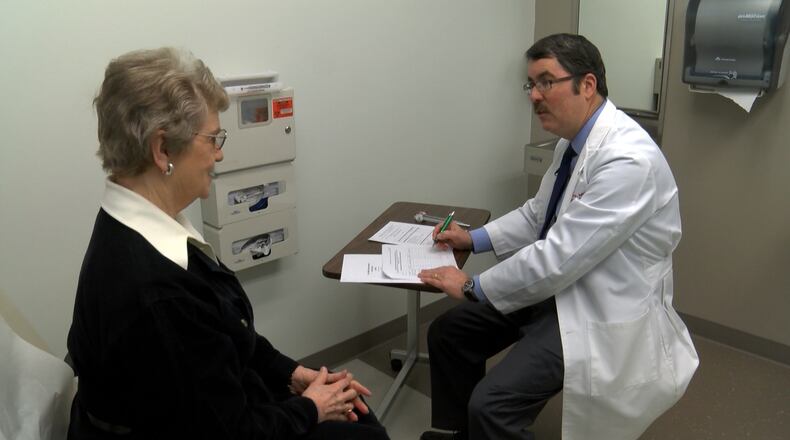All three patients who took part in the study found that deep brain stimulation slowed their symptoms.
More than three years after LaVonne Moore took part in the study, she’s still able to play her favorite hymns on the piano, according to the university.
Although her Alzheimer’s disease has still progressed, it’s done so at a slower pace than expected, her husband Tom Moore told Ohio State researchers.
“LaVonne has had Alzheimer’s disease longer than anybody I know, and that sounds negative, but it’s really a positive thing because it shows that we’re doing something right,” he said.
The pacemaker used in the study is similar to what is used in patients with heart problems, except the electrical wires from the device are implanted across the frontal lobes of the brain rather than the heart, according to OSU.
The findings of the study were recently published in the Journal of Alzheimer’s Disease.
“We have a lot of tools and treatments to help Alzheimer’s patients with memory, but we don’t have anything to help with daily tasks such as making the bed, choosing what to eat and socializing with friends and family,” said Dr. Douglas Scharre, co-author of the study and director of the division of cognitive neurology at Wexner Medical Center.
About the Author
